Seeing a foreign tourist suddenly collapse at the dining table, nurse Dang Thi Ha, Bach Mai Hospital, ran to perform CPR to save the patient's life.
Nurse Ha, 29 years old, working at A9 Emergency Center, Bach Mai Hospital (Hanoi), and 3 friends traveled to Da Nang a week ago.
On the evening of March 22, while dining at a restaurant in Son Tra district, she discovered a 70-year-old Indian man dizzy, staggering, and then collapsing. People around shouted that the tourist had hypoglycemia or a stroke.
With the reflexes of an emergency nurse, Ms. Ha felt that the man had stopped circulating (cardiac arrest, respiratory arrest), because he lost consciousness very quickly. Putting her hand around the patient's neck, she felt no pulse, almost stopped breathing, she shouted "put the patient on the ground", but the wife did not know Vietnamese so she still held her husband tightly.
"I immediately stood behind him, grabbed his armpits, and pulled him down to the ground. When I checked his pulse again, I couldn't feel it, his heart had stopped beating. I performed chest compressions continuously and told everyone to call 115. A moment later, the patient started breathing again," nurse Ha said at noon on March 27.

Nurse Ha, working at A9 Emergency Center, Bach Mai Hospital. Photo: Le Nga
The patient was tall and large, and cold sweat made her hands slippery when performing chest compressions. Changing positions, she knelt down and used strength to continue CPR and chest compressions. Seeing that the patient had a pulse and was showing signs of being more awake, she asked, "Are you okay?" When the patient nodded in response, she knew he had been saved. Through discussion, the family said that the tourist had a history of high blood pressure and cardiovascular disease, and had undergone coronary artery bypass surgery.
A short while later, the ambulance arrived and the patient was taken to the hospital. The wife returned to thank him and got into the ambulance with her husband. The emergency operation lasted about 2 minutes and saved the man's life. Because in a situation where cardiopulmonary resuscitation is not performed promptly, a patient with circulatory arrest can become brain dead and die in just 3-5 minutes.
"I think this is fate, because the plane was delayed, I was able to be at the restaurant and save this patient," nurse Ha said, adding that after being examined at a hospital in Da Nang, the couple asked to return home for treatment.
Nurse Ha has worked at the A9 Emergency Center for 8 years, and every day she meets and participates in emergency care for many patients. Therefore, when she sees a tourist fall, she gives first aid as a professional reflex. Even at a restaurant, she shouts "brothers, help", a common phrase for women working at A9.
Cardiorespiratory arrest is a sudden interruption of the heart's pumping action, preventing blood from circulating to other parts of the body. If not treated promptly, this condition can quickly lead to death.
The ultimate goal of CPR is to maintain breathing and heart function, preventing the risk of brain failure with complications that can damage other parts of the body.
When falling into a state of circulatory arrest, the victim will face the risk of lack of blood carrying oxygen to the organs. This is also the cause of death or complications of permanent brain damage within a few minutes. If detected early and emergency treatment is quick and correct, the victim can escape these dangers.
Associate Professor Dao Xuan Co, Director of Bach Mai Hospital, assessed that the situation in which nurse Ha saved the tourist's life showed the effectiveness of out-of-hospital emergency care. In the future, the hospital will coordinate with other units to train out-of-hospital emergency care for customs forces, fire prevention and fighting forces, students, etc., aiming to help everyone be able to handle emergencies outside the hospital.
"A patient who receives good first aid or emergency care outside the hospital, when transferred to a new hospital, can save their life, or help doctors have a better chance of treatment," said Mr. Co.
When the emergency video was posted on social media, Ms. Ha hoped that through this, people would understand the importance of CPR and out-of-hospital emergency care.
"If trained, anyone can perform chest compressions anywhere," she said.
Le Nga
source




![[Photo] Closing of the 11th Conference of the 13th Central Committee of the Communist Party of Vietnam](https://vstatic.vietnam.vn/vietnam/resource/IMAGE/2025/4/12/114b57fe6e9b4814a5ddfacf6dfe5b7f)
![[Photo] Overcoming all difficulties, speeding up construction progress of Hoa Binh Hydropower Plant Expansion Project](https://vstatic.vietnam.vn/vietnam/resource/IMAGE/2025/4/12/bff04b551e98484c84d74c8faa3526e0)

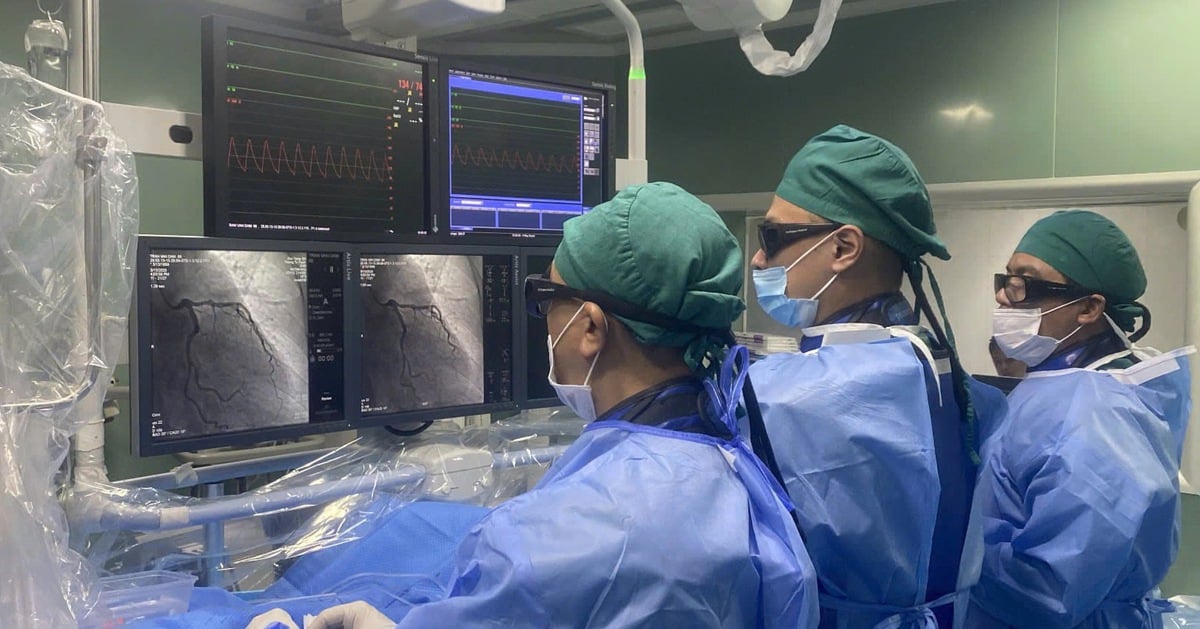

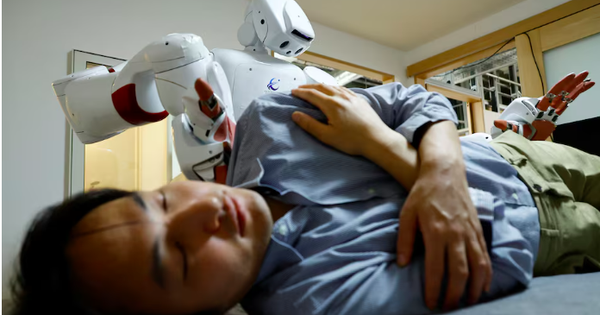







![[Video] First time in Vietnam: Successful implantation of 3rd generation partial artificial heart](https://vstatic.vietnam.vn/vietnam/resource/IMAGE/2025/4/12/8817412224094c68ba2c744b7bd5cfea)




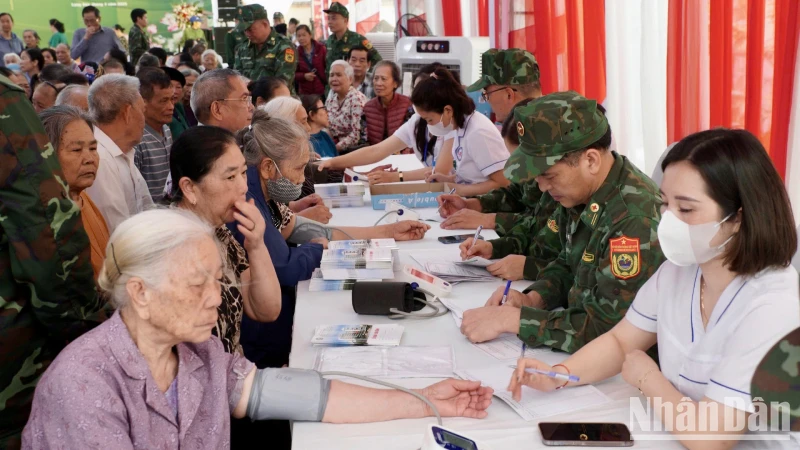

























































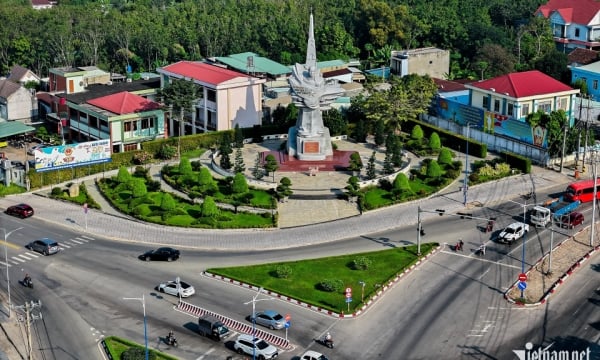


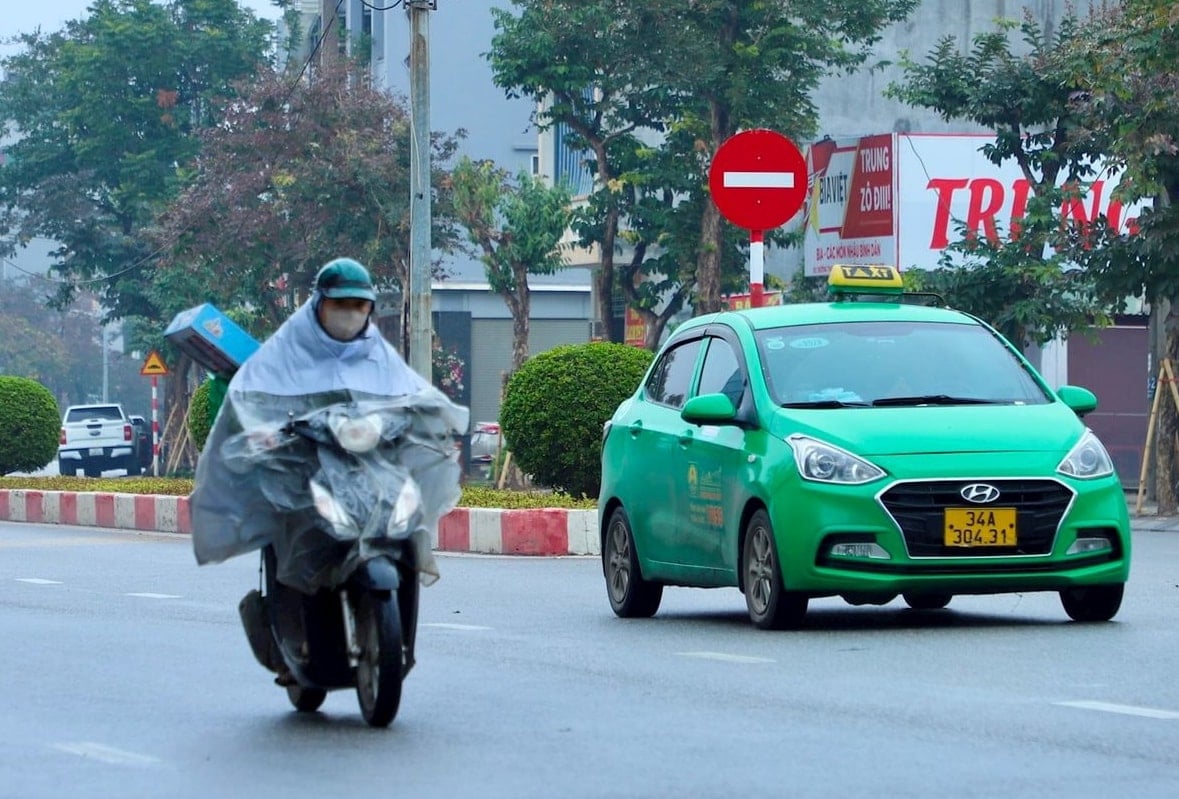












Comment (0)